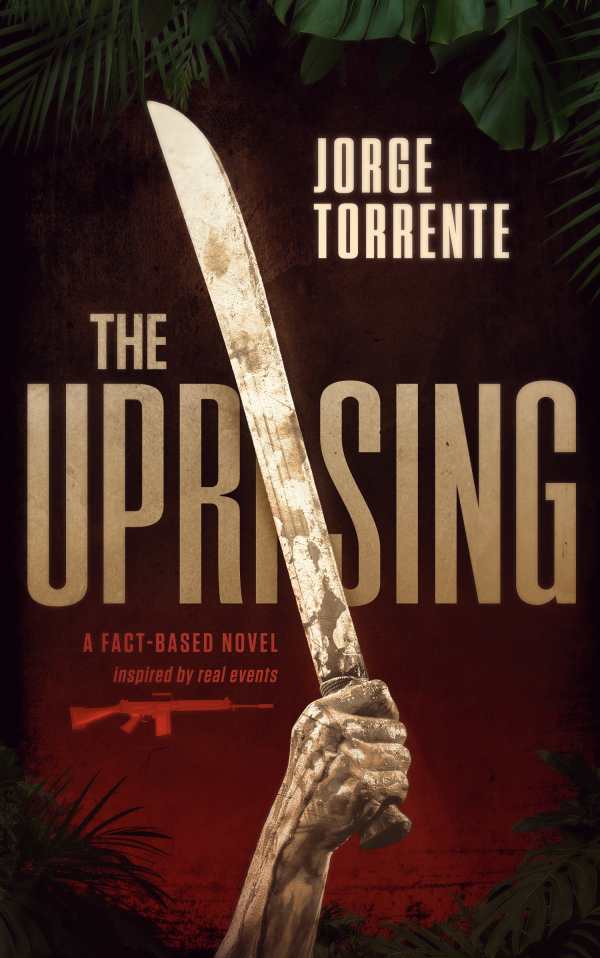The Uprising
The Uprising is a humane historical novel about the fight for Cuba’s freedom.
In Jorge Torrente’s engrossing historical novel The Uprising, Cuba endures a period of social and political change as passionate people take up arms to defend their homeland.
In early 1960, the Cuban Revolution ends, and a period of reform and escalating international tension begins. Elpidio stands by as his father loses his ranch and passes away soon after. His father’s troubles make the political situation feel personal, driving Elpidio to lead an uprising for all those who have suffered and lost.
Cubans from all walks of life join Elpidio’s cause in the hopes of keeping Cuba free, even if it means losing their lives in the process. On the other side of the conflict, the communist army fights with an equal fervor. The conflict escalates; before it crescendos, rumors of an American invasion begin to spread. Elpidio and others wage a harrowing battle for their lives, their livelihoods, and most importantly, for Cuba.
This fictionalized conflict consists of three major factions: the Cuban guerrillas, the communist army, and the Americans recruited to assist the guerrillas. On the guerrilla side, Elpidio plays the largest role in the novel; he’s a commander who bears the burden of his command with tenacity and grit. He’s accompanied by a range of others, including a young lesbian who refuses to be shackled by established gender norms. Meanwhile, the CIA recruits Cuban exiles, air dropping them into Cuba to help the guerrillas. Personalities are developed over time, as Elpido and the guerrilla army risk their lives in battle, but also through quieter moments.
While the plight of Cuba in the 1960s and 1970s is documented, The Uprising seeks to expand upon its personal impact, and upon the experiences of the people who lived through it. The book focuses on introducing and developing the major players, showing their flaws and heroic qualities in a compelling manner. Frequent, succinct asides are used to provide historical context. The emphasis on action keeps the story interesting, including visceral details about injuries sustained in battle, the living conditions of those fighting in the jungles, and the emotional states of everyone involved.
Spanish phrases are included to capture the locale, entering into characters’ conversations in a smooth manner. Still, much of the dialogue is staid and formal; its language often clashes with the tones of the hectic battles, and even within casual exchanges.
A series of rapid-fire resolutions make up the book’s ending. Elpidio’s uprising foreshadows a potential disaster for those who follow him, but a strong sense of love for Cuba, and for the people who fought for it, carries interest through.
The Uprising is a humane historical novel about the fight for Cuba’s freedom.
Reviewed by
John M. Murray
Disclosure: This article is not an endorsement, but a review. The publisher of this book provided free copies of the book and paid a small fee to have their book reviewed by a professional reviewer. Foreword Reviews and Clarion Reviews make no guarantee that the publisher will receive a positive review. Foreword Magazine, Inc. is disclosing this in accordance with the Federal Trade Commission’s 16 CFR, Part 255.

